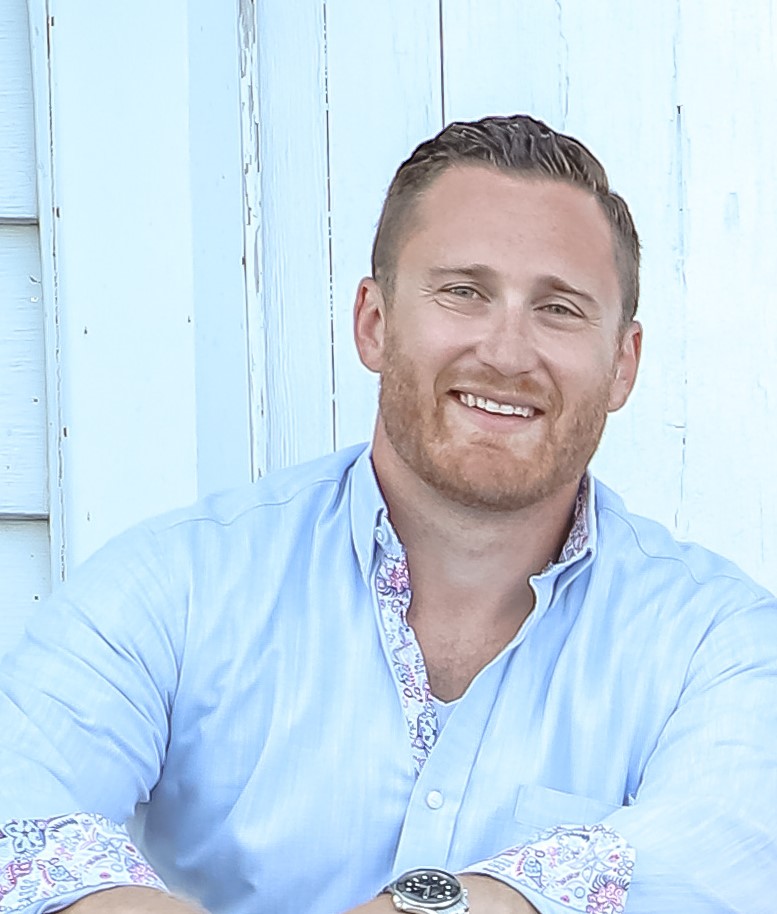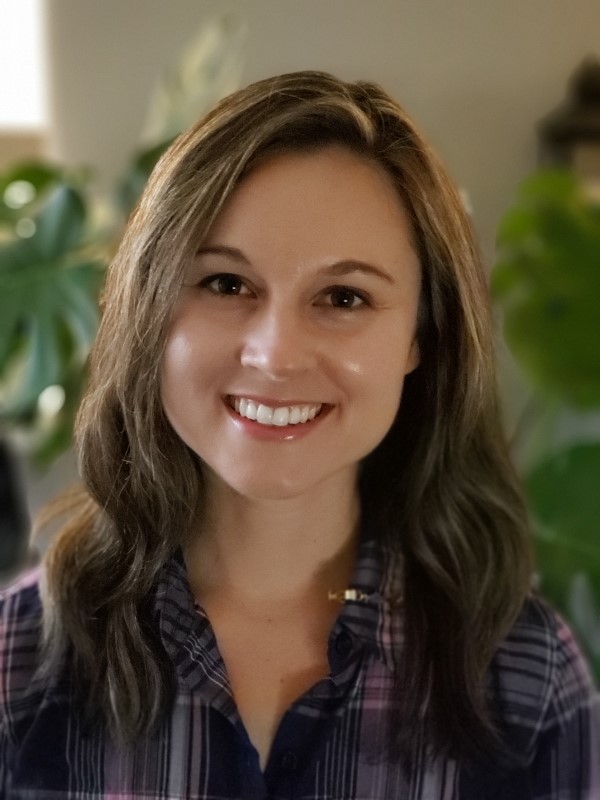Since 2012, the Water Environment Federation (WEF), has been educating, training, and providing opportunities that enable developing and emerging leaders to build strong lasting relationships within the water industry through its Water Leadership Institute (WLI).
This year, the steering committee, comprised completely of alumni from the program, worked to develop a theme for the final project. We thought about how the frequency of change over the last couple of years is undeniably more intense than ever before in our water industry, and it is more important than ever to understand how changes impact our workforce and how we can be leaders through this period of rapid change. Therefore, the topic of change leadership was chosen.
We would like to cordially invite you to join our WLI Class of 2021 for three round-table candid discussions on change leadership. Each session will cover three aspects of change leadership, summarizing the content our teams have developed and delving deeper into each tenet through a moderated panel discussion with live-audience participation.
Our 2021 Cohort, drawing from their unique experiences and strengths, have worked tirelessly to apply what was learned over the course of the program to build content that helps empower our industry and increase our agility and resilience using the principles of change leadership.
Working with their alumni mentors, each team created two TED-Talk style videos on their topic and are excited to continue the conversation with you in the roundtables with questions submitted in advance or live. In advance of each roundtable, we ask that attendees watch the six videos associated with that specific roundtable.
We hope you’ll join us in support of all the hard work these teams have put into their projects and learn something new along the way.
For more information on the WLI Change Leadership Series, please visit: www.wef.org/ChangeSeries
Roundtable 1: Workforce Development – Nov. 3 from 2-3:30pm ET:
- What to Do When You Can’t Keep Doing It “That Way”
- Reimagining and Innovating the Water Industry Workforce
- Determining the Right Amount of Innovation Within the Workforce and Workplace
Roundtable 2: Data and Digital Communication – Nov. 8 from 1:30-3pm ET:
- Finding the Signal Within the Noise: Leveraging Data to Improve Outcomes
- Next Generation Data Driven Decision-Making
- Best Practices and Collaboration Platforms for Communication and Networking (Digital Tools)
Roundtable 3: Human Resources – Nov. 10 from 12:30-2pm ET:
- Maintaining Staff Engagement and Motivation in Times of Change
- Overcoming the Aging Workforce- Recruiting and Retaining the Next Generation of Water Professionals
- Operational Risk and Resiliency


 Matt Magruder has been with the Milwaukee Metropolitan Sewerage District for 12 years, and he is currently serving as the Environmental Research Manager. In addition to managing and coordinating the District’s research efforts, Matt represents the District on various planning, advisory, and industry working groups. Matt received his B.S. in Biology from UW- Whitewater, his M.B.A. from Cardinal Stritch University, and is an American Society for Quality Certified Six Sigma Black Belt.
Matt Magruder has been with the Milwaukee Metropolitan Sewerage District for 12 years, and he is currently serving as the Environmental Research Manager. In addition to managing and coordinating the District’s research efforts, Matt represents the District on various planning, advisory, and industry working groups. Matt received his B.S. in Biology from UW- Whitewater, his M.B.A. from Cardinal Stritch University, and is an American Society for Quality Certified Six Sigma Black Belt. Kristi Steiner has been a committed water professional for going on 10 years and is currently a Project Manager at Jacobs Engineering Group in Portland, OR. Her primary focus is on projects within the wastewater sector. Kristi received her B.S. in Civil Engineering from NC State and her M.S. in Civil Engineering from Virginia Tech. She was a graduate of the 2019 Water Leadership Institute and has continued to remain involved as an enthusiastic member of the steering committee.
Kristi Steiner has been a committed water professional for going on 10 years and is currently a Project Manager at Jacobs Engineering Group in Portland, OR. Her primary focus is on projects within the wastewater sector. Kristi received her B.S. in Civil Engineering from NC State and her M.S. in Civil Engineering from Virginia Tech. She was a graduate of the 2019 Water Leadership Institute and has continued to remain involved as an enthusiastic member of the steering committee.